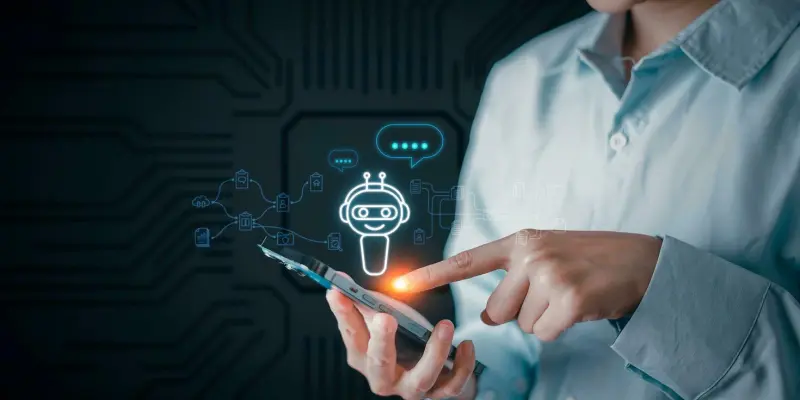Artificial intelligence is advancing faster than we ever imagined, prompting the question of whether AI chatbots could be smarter than humans by 2025. In the relentless march of technology, AI chatbots have evolved rapidly with improvements in machine learning, natural language processing (NLP), and neural networks. These tools have allowed chatbots to transform from simple, rule-based systems to highly sophisticated, interactive entities.
The Evolution of AI Chatbots
AI chatbots have come a long way since their inception. Early versions operated on predefined responses and lacked the ability to engage in meaningful conversations. Modern chatbots, however, are equipped with advanced learning algorithms that enable them to understand and generate human language more effectively. Today’s AI can hold complex dialogues, answer nuanced questions, and even engage in casual chitchat, bringing them closer to mimicking human interactions than ever before.
Strengths and Capabilities
One of the significant advantages of AI chatbots is their efficiency and speed. Unlike humans, chatbots can operate 24/7 without breaks, which makes them incredibly useful for customer service, healthcare, and education sectors. They provide instantaneous responses, handle multiple interactions simultaneously, and significantly reduce operational costs for businesses. This level of efficiency has opened up new possibilities and has rendered certain repetitive, mundane tasks almost entirely to AI-driven processes.
Existing Limitations
Despite their impressive capabilities, AI chatbots are not without their limitations. They struggle with emotional intelligence, an area where human beings naturally excel. Understanding the context, tone, and underlying emotions in conversations remains a challenge for AI. Additionally, chatbots rely on data input to function effectively, which can introduce biases based on the data they are trained with. These biases can lead to incomplete or incorrect responses, and this limitation is particularly pronounced when dealing with complex, creative problem-solving tasks.
Comparison with Human Intelligence
When comparing AI chatbots to human intelligence, several critical differences emerge. While chatbots excel in processing data quickly and efficiently, they fall short in areas requiring creativity, intuition, and ethical reasoning. Humans have the unique ability to think abstractly, develop new ideas, and understand intricate social dynamics—areas where AI has yet to make significant inroads. For now, AI’s role is more about supporting humans rather than replacing them.
Future Prospects
As we move towards the future, the development of AI chatbots is expected to focus on improving emotional intelligence, decision-making accuracy, and creativity. While the gap between human and chatbot capabilities narrows, it’s clear that AI will best serve as an assistant rather than a replacement. The collaboration between AI and humans will likely be the cornerstone of future advancements in this field.
Conclusion
The rapid advancement of artificial intelligence is happening at a pace beyond our expectations, raising the intriguing possibility that AI chatbots might surpass human intelligence by 2025. Technology’s relentless progress has seen AI chatbots undergo significant evolution, thanks to major strides in machine learning, natural language processing (NLP), and neural networks. These developments have enabled chatbots to shift from basic, rule-based programs to highly advanced, interactive entities capable of complex interactions. AI’s potential to outperform human capabilities is now being seriously considered. With the improvements in NLP, chatbots can understand and respond to human language more effectively, making conversations more fluid and human-like. Meanwhile, neural networks have enhanced the ability of AI to learn from vast amounts of data, ensuring continuous improvement in performance. As we look to the future, it seems increasingly plausible that AI chatbots might not just match but exceed human intelligence, challenging our previous notions of machine capabilities and redefining the boundaries of technology.

